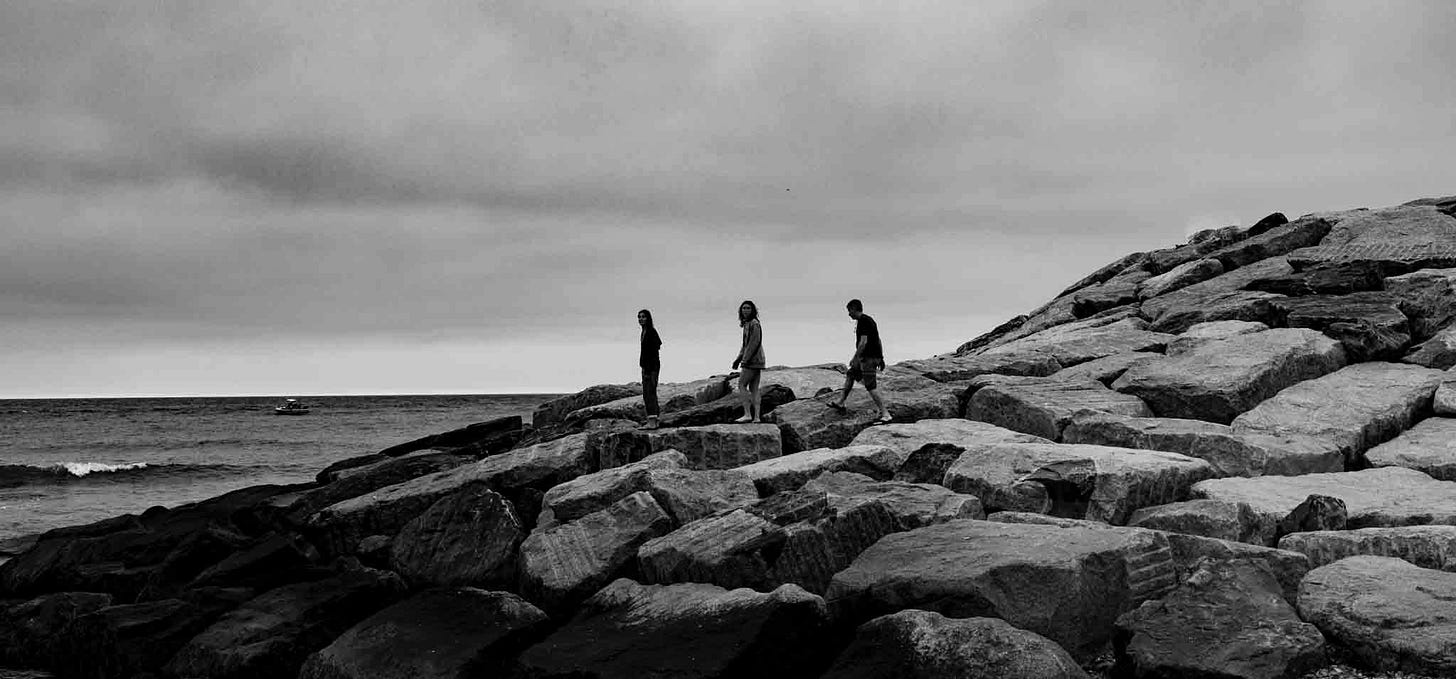© Photo by Harvey Potter
Fall has fallen, when the light thins and the air sharpens.
In the Jewish calendar, it’s the month of Elul, a time for looking back, admitting where you’ve fallen short, and preparing for Yom Kippur, the Day of Atonement. On that day Jews fast, pray, and try to clear the slate.
The logic is simple: regret, remorse, and resolve to do better.
In my house growing up, my mother made sure the message wasn’t lost on me and my two brothers. Every year on Yom Kippur, before going to synagogue, she made us apologize to one another whether or not we had anything in mind.
Jewish tradition teaches that if you ask forgiveness three times and it’s still not granted, you’re automatically absolved. If only we followed the other laws the way we followed that rule. One apology was never enough; two was still too easy; all three had to be demanded before anyone would let the other off the hook. But since we were never apologizing for anything specific, the words carried little weight. At the time, I thought the problem was obvious: apologies only mattered if you knew what you had done.
Years later, during residency, I learned a lesson that taught me otherwise. This was in the days before the ACGME work hour restrictions, when the 36-hour shift was allowed, even if it made you a zombified, irascible wreck. Once when I was on call, my beeper went off just before dawn, jolting me from a comatose state.
“Dr. Bregman? Sorry to wake you. Just wanted to let you know,” the nurse said, “that everything is ok.”
Silence.
“Whatever I may have done to offend you,” I finally said, “I’m really sorry.”
Totally nonspecific. And yet possibly the most heartfelt apology I ever gave.



Happy New Year!
The mighty power of saying "sorry". Short but poignant story. Does that mean we are going to see Apology #2 and #3 next in the series? 😂